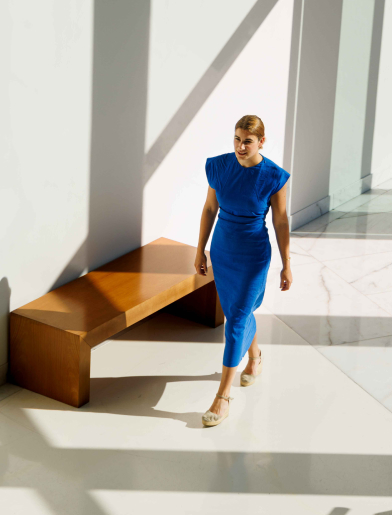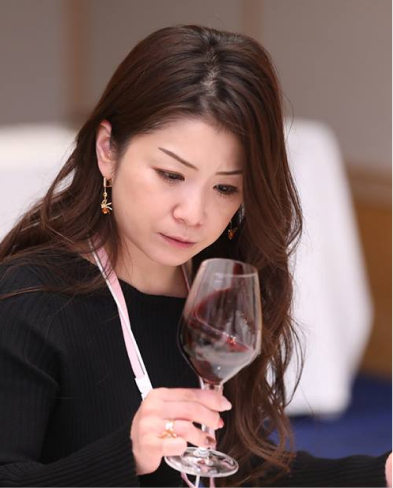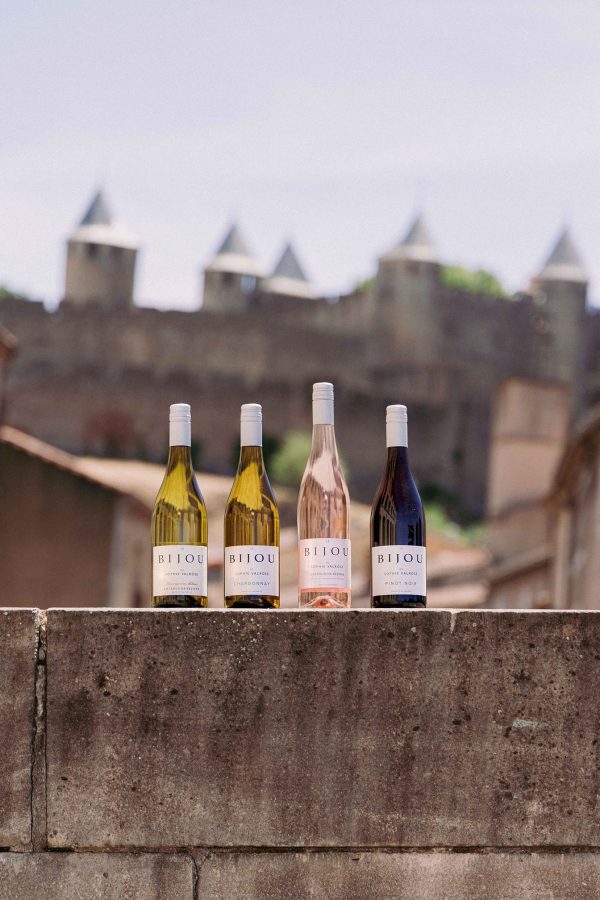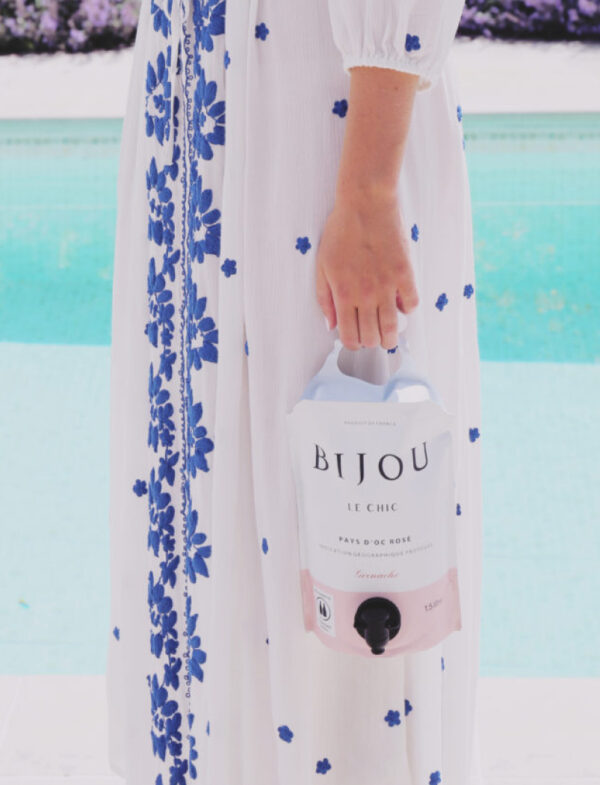Throughout the years, we have introduced different strategies to make our production and distribution more sustainable. We thrive on making our vision come true and achieving even greater goals in our care for the planet. These are some of the multiple reasons that led us to introduce some of the finest organic wines from Provence and Languedoc. Today we can proudly say that more than 95% of our wines are sustainably farmed (HVE3 & Organic)
SUSTAINABILITY
Striving to reduce our environmental impact
Striving to reduce our environmental impact




Sustainability in the Vineyards
HVE Certification
We take the utmost care in what we do from the earliest stages of production. In December 2019, our growers in the Coteaux de Béziers obtained the HVE Level 3 certification, an outstanding achievement in terms of sustainability.
The French Ministry of Agriculture developed the Haute Valeur Environnementale or HVE (High Environmental Value) certification in 2001, which is the highest level of a generalized scheme for the environmental certification of farms. This is a three-tiered system that encourages farms and vineyards to:
- Focus on increasing biodiversity.
- Decreasing the negative environmental impact of their phytosanitary.
- Managing their fertilizer inputs.
- Improving water management.
Sustainable Grape: Caladoc
Climate change and weather patterns may significantly affect wine production, so adapting viticulture to these changes is imperative today. To combat the unpredictable weather conditions, we have included Caladoc into our Le Bijou de Sophie Valrose rosé since 2019. Caladoc is a crossing of Grenache and Malbec with a natural resistance to intense heat and drought.
“Wine should come in a glass bottle, right? Actually, wrong, if wine drinkers want to do their bit for the planet’s resources and environment. Glass bottles and their transportation are the two biggest contributors to wine’s carbon footprint.”
— JANCIS ROBINSON, THE FINANCIAL TIMES.

Packaging Solutions
To reduce our carbon emissions, we introduced lightweight bottles and an extraordinary range of sustainable 1.5L pouches with a significantly lower carbon footprint than glass bottles to minimize our carbon emissions.
Our pouch format is a sustainable and environmentally-friendly form of packaging, resulting in a fantastic alternative to heavy and traditional glass bottles.
Innovative pouches
Our Bijou Le Chic pouch weighs only 60g when empty compared to 500g for an average 75cl glass bottle. This eliminates 330kg of unnecessary packaging weight per pallet!
Lightweight bottles
When it comes to the transportation of wine, packaging weight plays a significant role in the production of carbon footprint. We introduced lightweight bottles to our range to commit to our vision and reduce our carbon emission.
Economy of Space
The compact design allows efficiency throughout the supply chain. Bijou Le Chic pouches are shipped flat-packed to the winery, saving 5x more space than glass bottles. Once full, 40% more wine can be loaded onto a single pallet, economising space during transportation and reducing shipping costs. The combination of these factors gives the pouches a carbon footprint up to 80% lower than average glass bottles.




